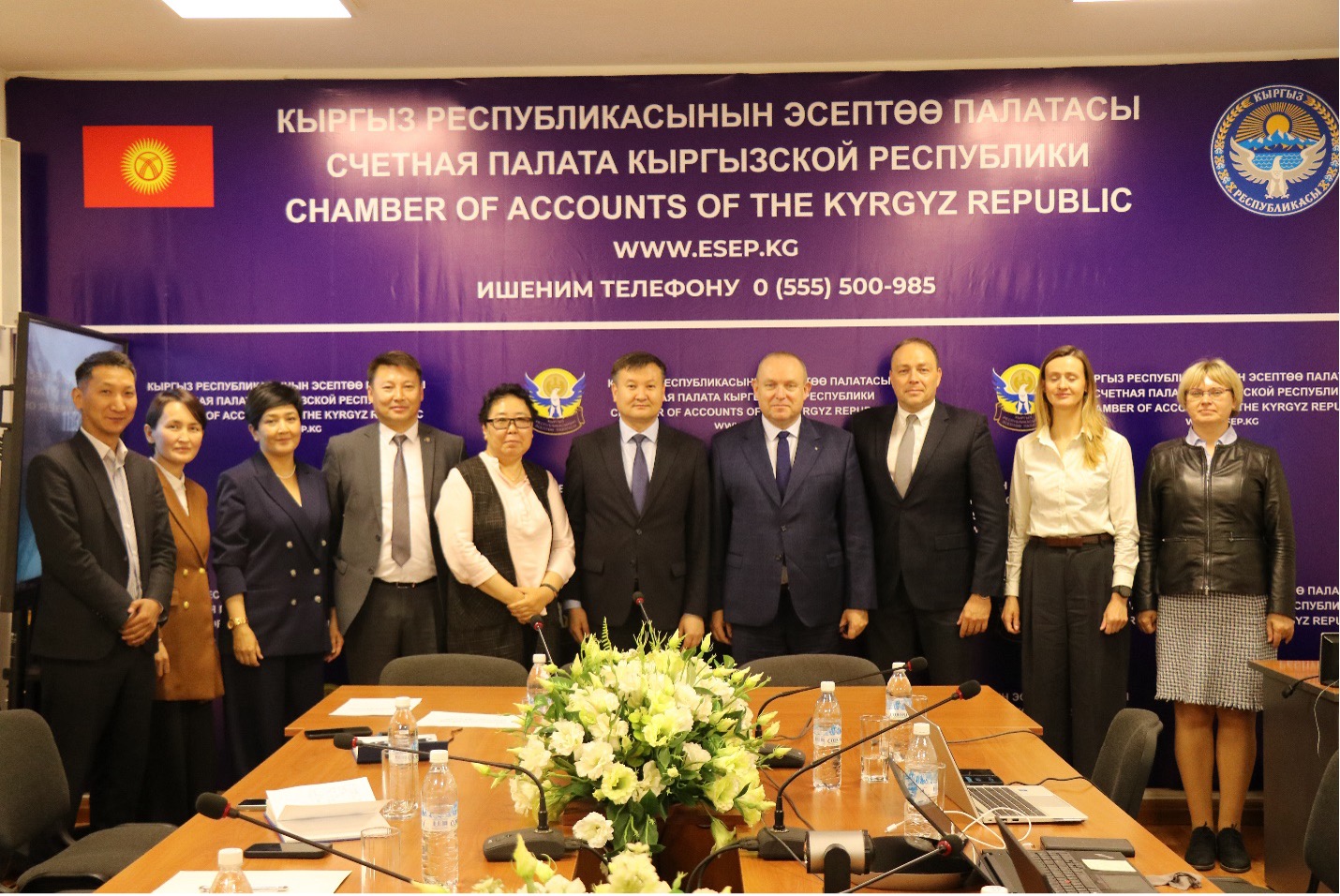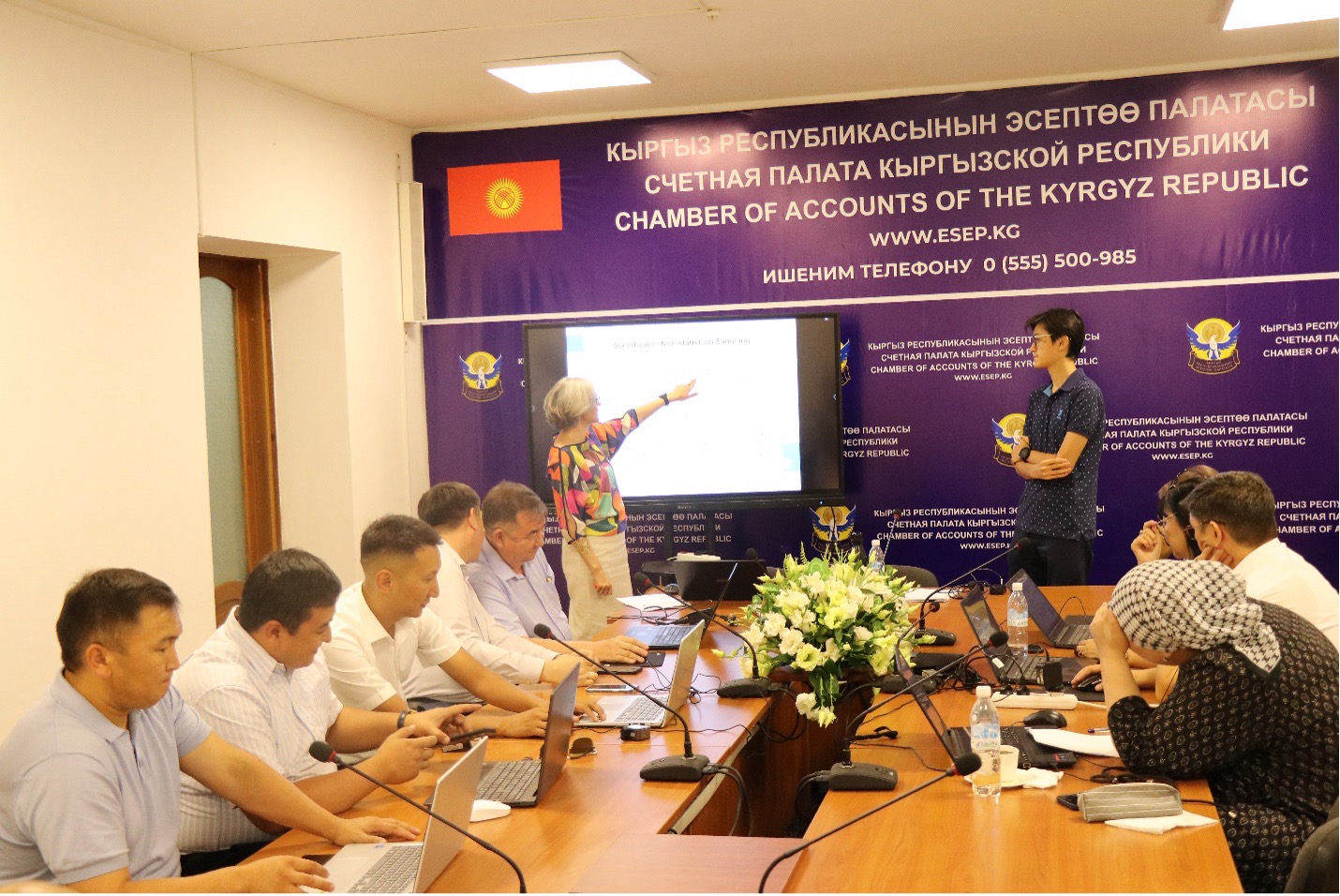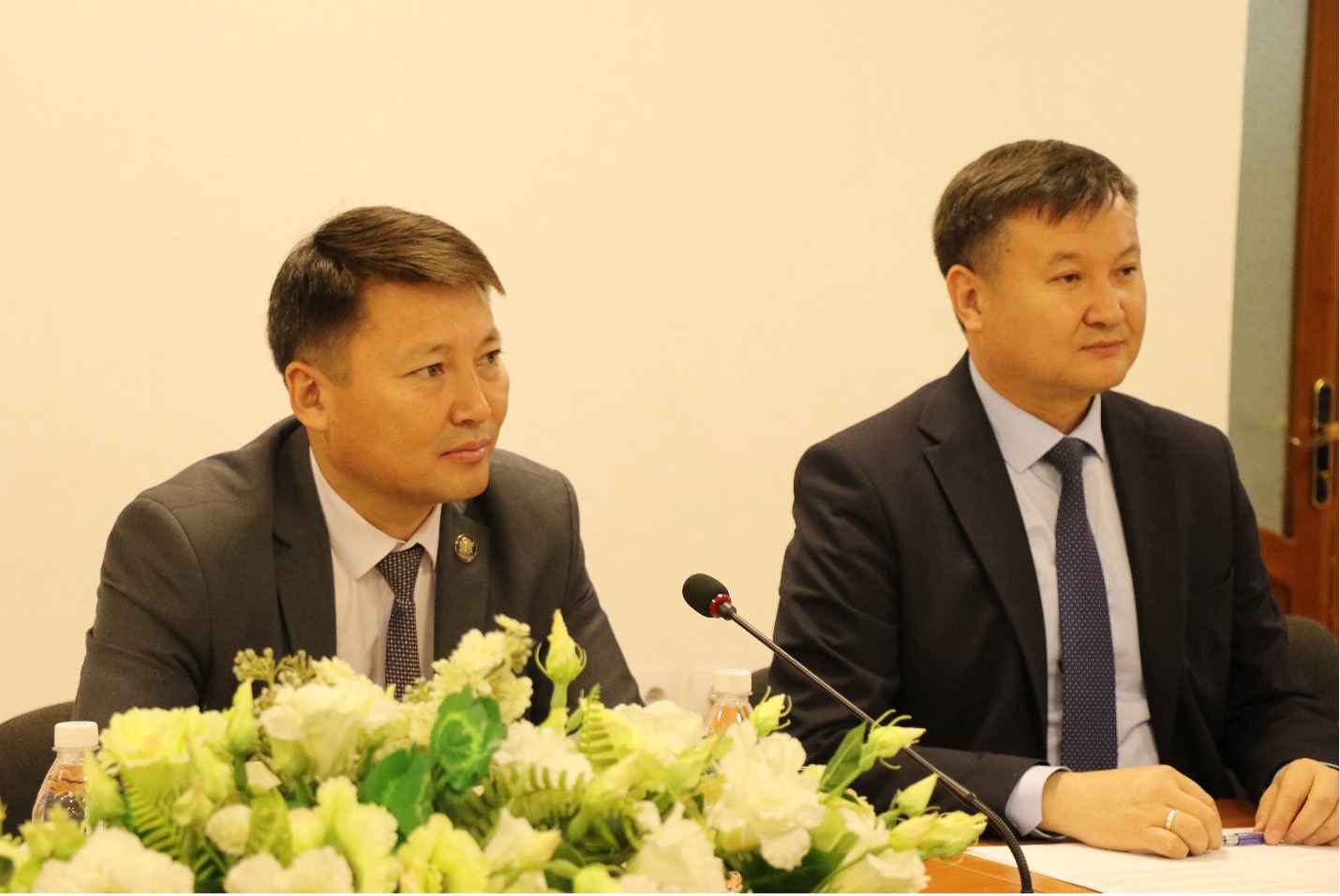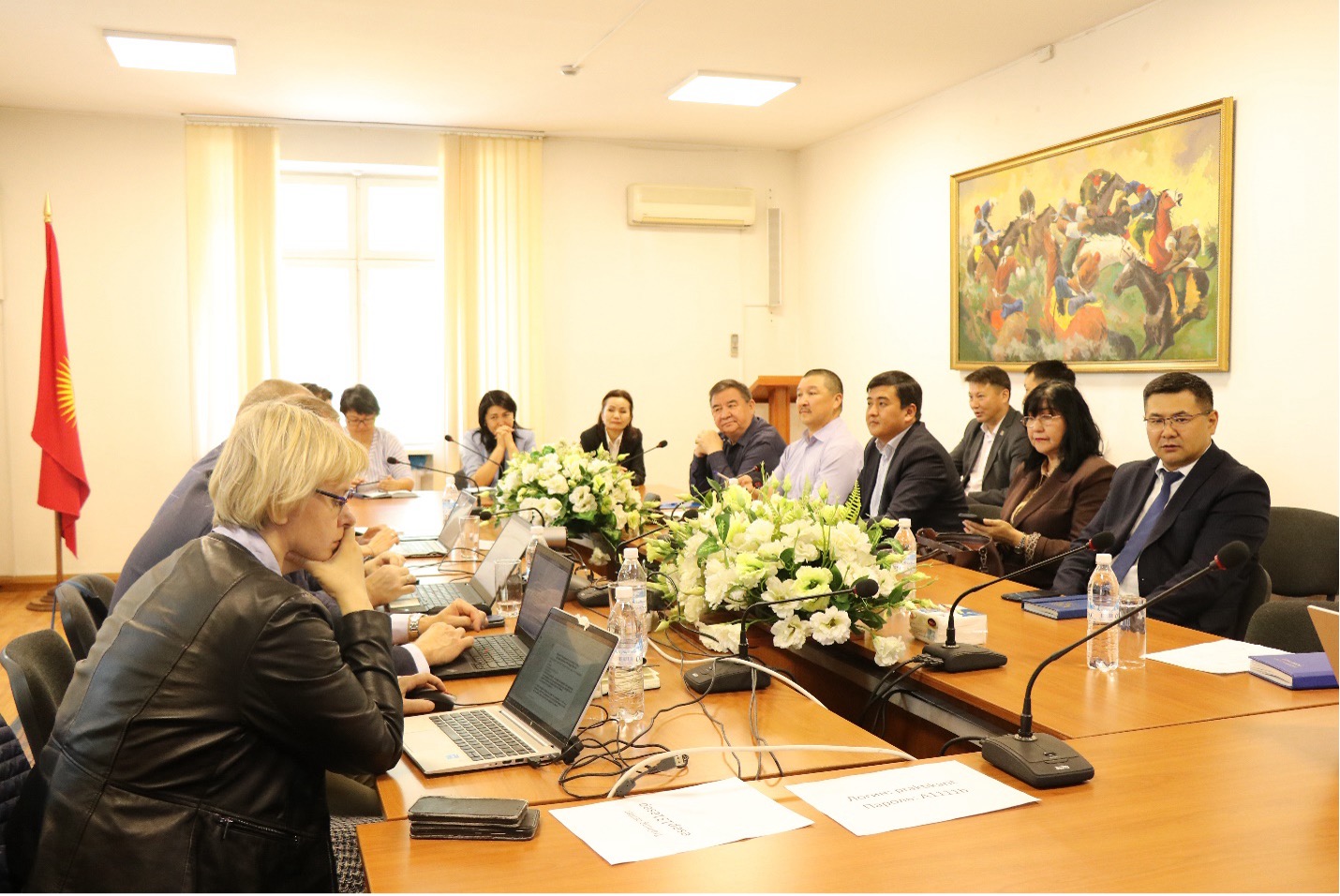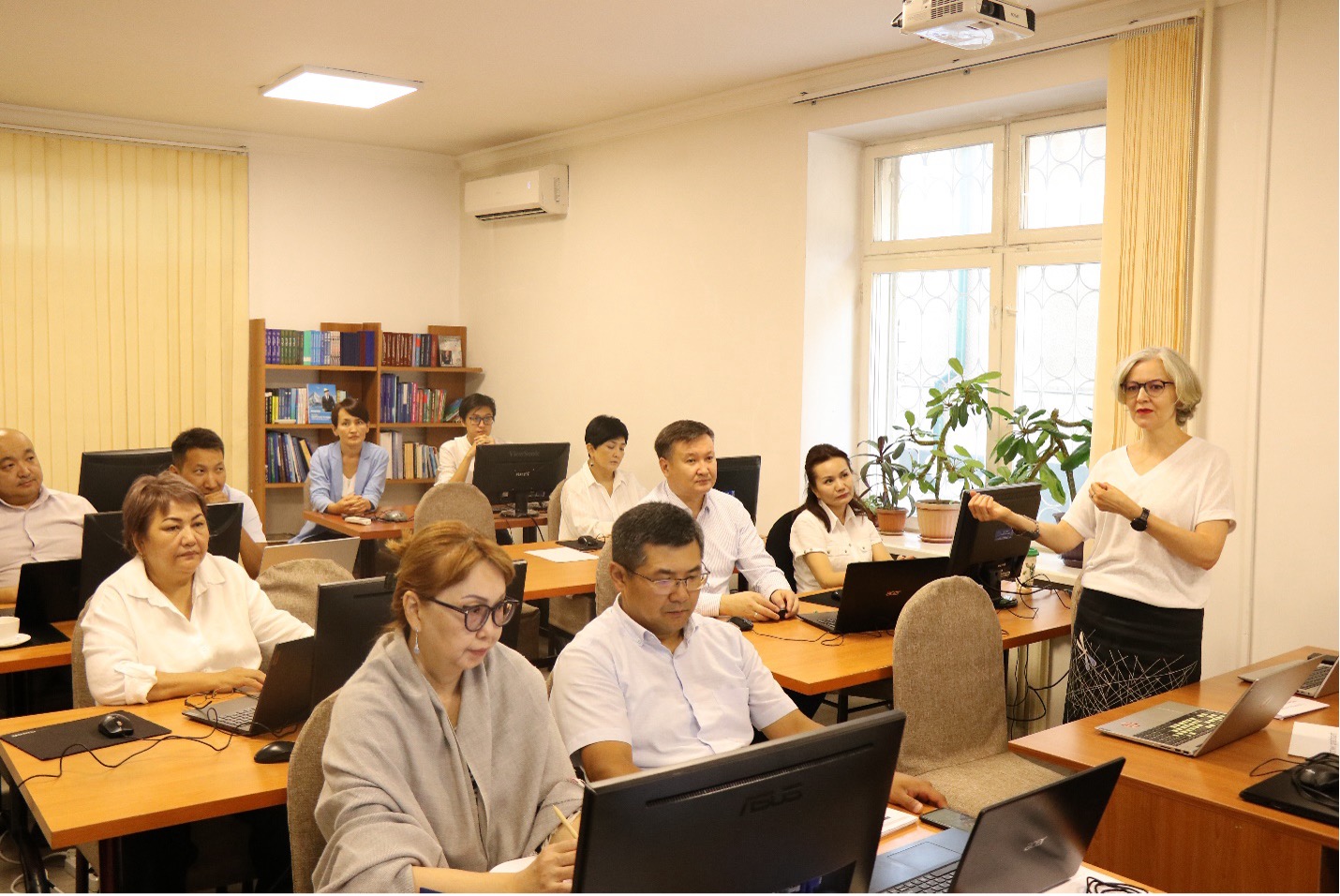About IDI
Our Cross-Cutting Priorities
Our Results
Meet the IDI Board
IDI's Board is composed of ten members from different supreme audit institutions. Get to know them better in our "Meet the Board" series.
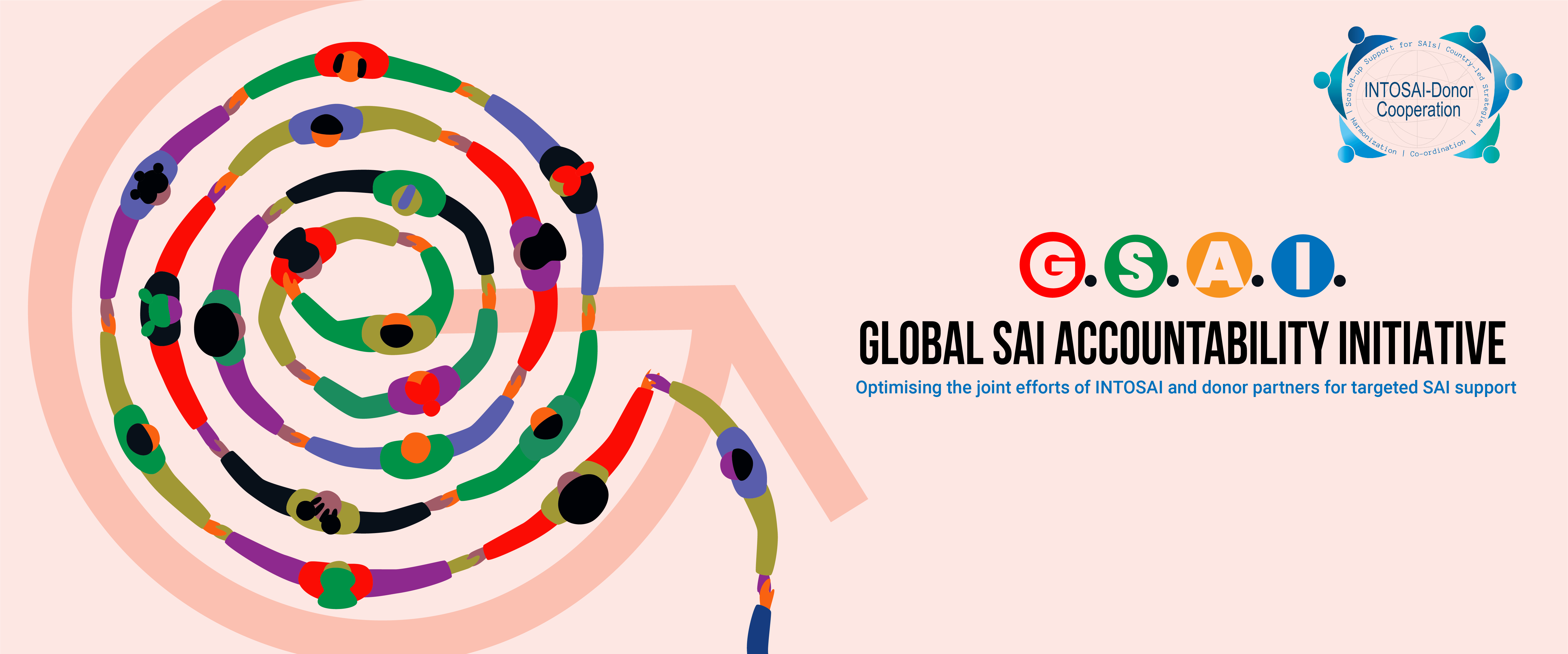

In 2023, under a Cooperation Agreement between the Chamber of Accounts of the Kyrgyz Republic (CAKR), the Supreme Audit Institution (SAI) of Poland, and the INTOSAI Development Initiative (IDI), the GSAI Kyrgyzstan project embarked on its mission to strengthen the Kyrgyz SAI. The primary goal of this project is to enhance audit methodologies to align with INTOSAI standards. Additionally, there is a significant focus on the development and integration of IT systems within the CAKR, including the introduction of IT auditing.
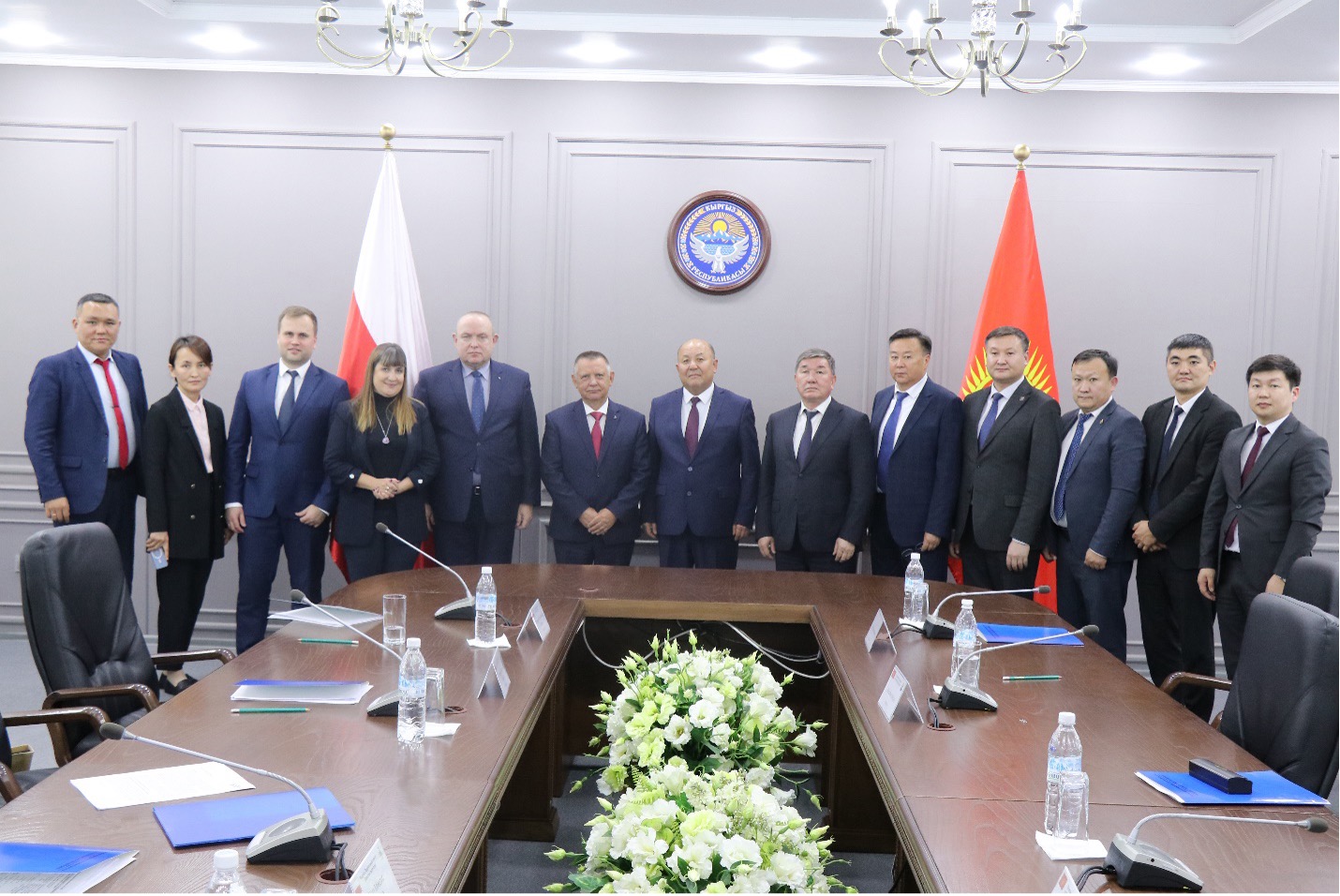
A notable aspect of the project is its emphasis on improving communication with stakeholders and adopting modern communication tools to increase transparency in the operations of the Kyrgyz SAI and in overall public resource management.
The GSAI project spans 2024-2025 and includes various activities such as developing methodological tools, conducting pilot audits, and training staff. Representatives from the CAKR, the Polish SAI, and IDI valued the first part of the project as it achieved significant milestones.. Among these key accomplishments were the revision and improvement of performance, financial, and compliance audit manuals. Based on these updated methodologies, Kyrgyz SAI staff, with advisory support from Polish SAI experts, conducted pilot audits across all three audit types. These audits are currently in the final stages.
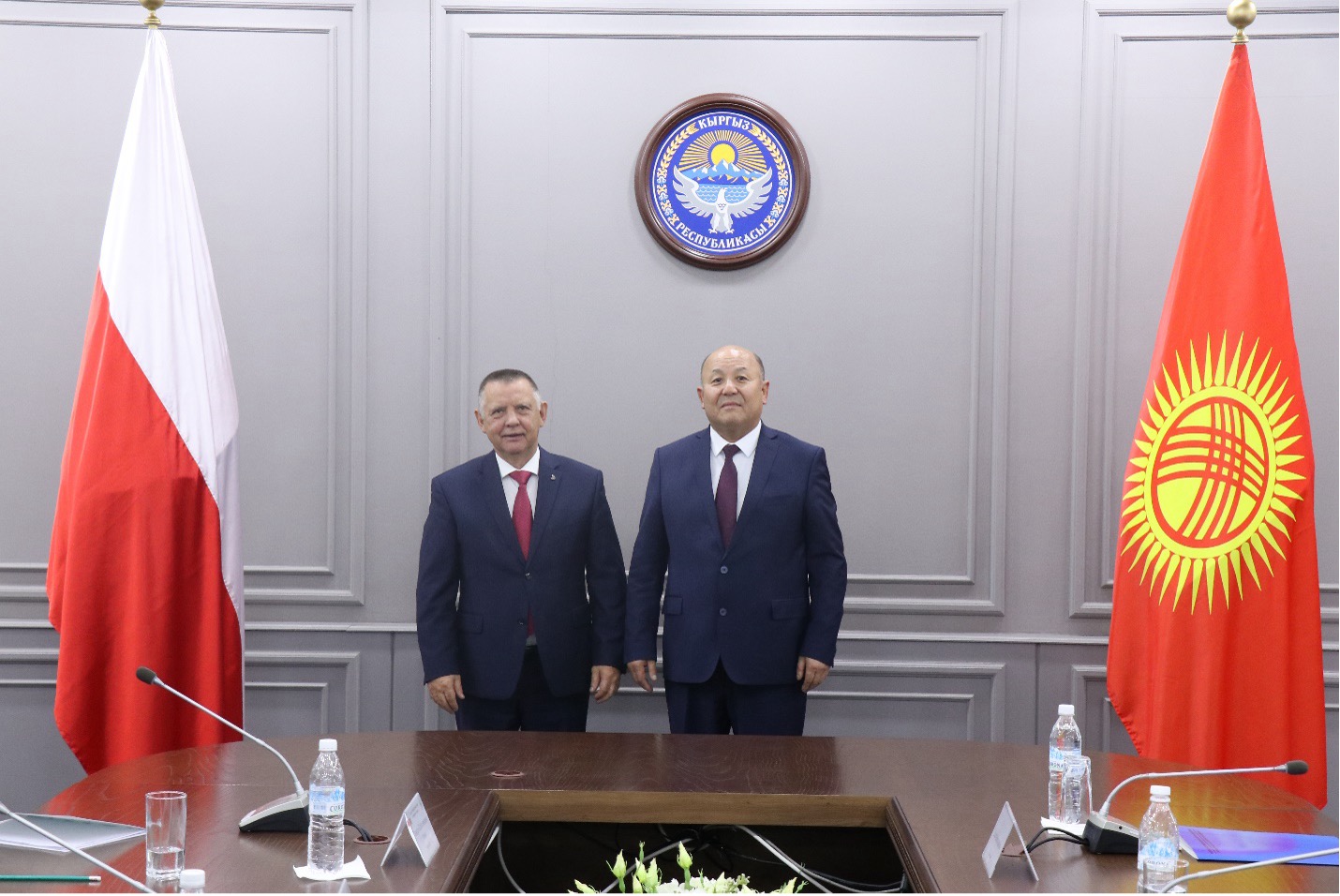
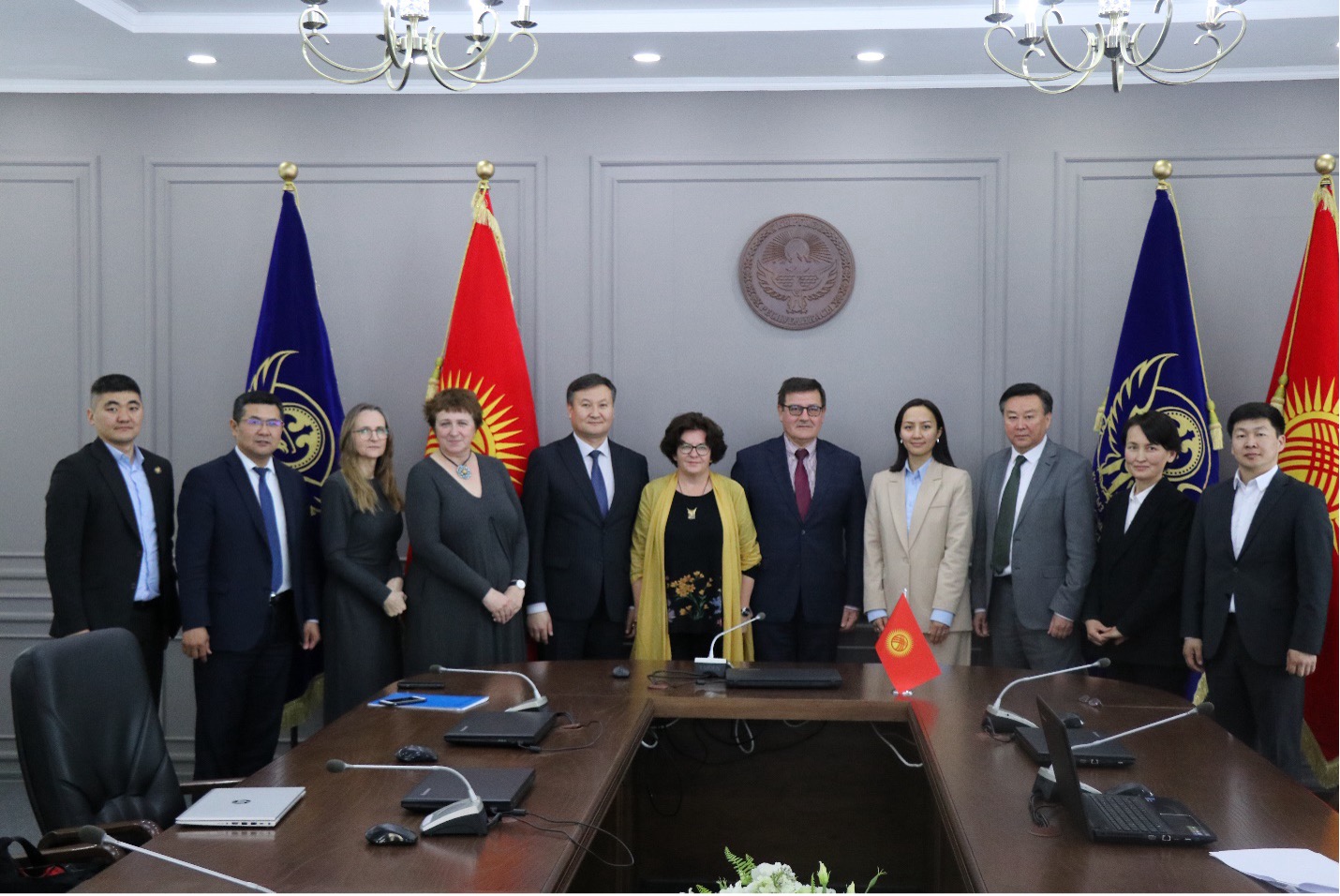
Polish SAI experts conducted training sessions for Kyrgyz SAI staff to support the implementation of the developed methodologies.. A total of 20 individuals participated, including not only inspectors but also quality control officers responsible for ensuring audit quality.
Digital transformation is another cornerstone of the project. In collaboration with IDI’s “pICTure” program, experts from the Polish SAI assessed the Kyrgyz SAI’s IT capacity, identifying strengths, weaknesses, and key development areas. Based on this assessment, they started drafting an IT Development Strategy . They held training sessions on data analysis and IT auditing, with 29 participants gaining essential skills in these areas.
The project also addressed the Kyrgyz SAI’s communication systems. Polish experts analysed the SAI’s interactions with audited entities, parliament, government agencies, the media, and the public was carried out. With meaningful information and reporting, they provided recommendations to improve and further develop these communication mechanisms.
The collaboration with the Supreme Audit Institution of Poland has been a cornerstone of the GSAI project’s success. SAI Poland’s expertise and commitment have significantly enriched the project, ensuring impactful results at every stage. Their role as a partner has not only made the project more effective, but also fostered a sense of shared purpose and collaboration. The Kyrgyz SAI values this partnership immensely and looks forward to building a long-lasting relationship with SAI Poland, continuing to work together towards strengthening accountability and transparency.
Looking to 2025, the project will continue to focus on these priorities. Planned activities include additional pilot audits using refined methodologies, consultative meetings with Polish experts, and further training sessions. Efforts to improve communication will intensify, with an analysis of reporting regulations, training on report preparation, and the development of a comprehensive Communication Strategy. This strategy will outline key activities, tools, and timelines for enhancing communication and transparency.
Additionally, the Kyrgyz SAI plans to further improve public understanding and trust in its activities by hosting meetings and events with key stakeholders. By fostering transparency and accountability, the GSAI project is not only transforming the Kyrgyz SAI but also contributing to better public resource management in the Kyrgyz Republic.
